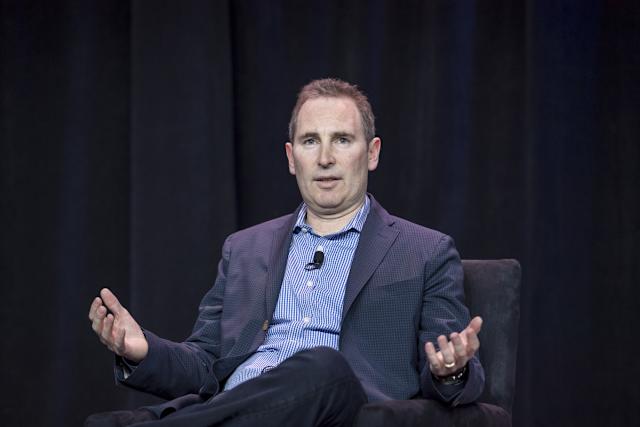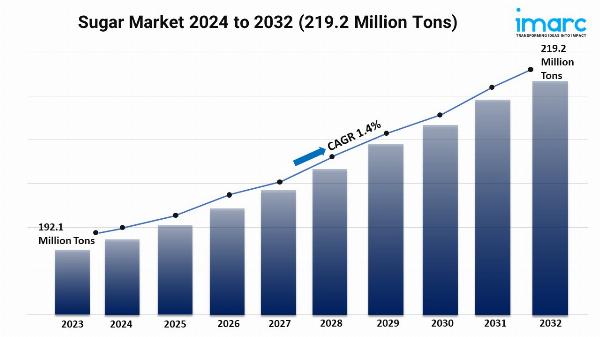
Analyst reboots Amazon stock price target on AI growth originally appeared on TheStreet.
Goodness, what's a motherboard to do?
Artificial intelligence continues to make its presence felt in just about everything humans do, from setting up appointments and planning itineraries to suggesting what music to listen to and what movies to watch.
Invest in Gold

American Hartford Gold: #1 Precious Metals Dealer in the Nation
Learn More
Thor Metals Group: Best Overall Gold IRA
Learn More
Priority Gold: Up to $15k in Free Silver + Zero Account Fees on Qualifying Purchase
Learn More Powered by Money.com - Yahoo may earn commission from the links above.💵💰Don't miss the move: Subscribe to TheStreet's free daily newsletter 💰
On the business side, AI is being increasingly integrated into such diverse sectors as healthcare, cybersecurity, finance, retail, and manufacturing.
It takes a lot of hardware to run all this stuff, and that can put pressure on companies that make semiconductors, motherboards, and other vital components.
The Covid-19 pandemic was a key factor in the 2020-2023 global chip shortage, disrupting supply chains and logistics, while a 13% increase in global demand for PCs sparked by a sudden shift to working from home added to demand.
In addition, the U.S. Department of Commerce in September 2020 imposed restrictions on, Semiconductor Manufacturing International Corp., which made it harder for China's largest chip maker to sell to companies with American ties.
Amazon CEO cites capacity constraints
But by January 2023, Peter Voser, chairman of the chairman of Swedish-Swiss tech and engineering giant ABB told CNBC that the global semiconductor shortage was “being sorted out.”
Well, yes and no.
"Semiconductor supply chains worked well in 2024, even as the industry grew by almost 20%," Deloitte said in its 2025 Global Semiconductor Industry Outlook. "At this time, there’s no reason to believe 2025 supply chains will be less resilient, but as always, the risk is there."
The study said, "the industry may be more vulnerable to supply chain disruptions than ever before", given how important generative AI chips are expected to be this year and beyond, and the relatively higher concentration of processor, memory, and packaging required for cutting-edge chips,
"Although the industry is likely to become less concentrated geographically thanks to various chips acts—and initiatives like onshoring, reshoring, nearshoring, and friendshoring are all still in their early days—the industry remains highly vulnerable for the next year or two, at least," Deloitte said.
Onshoring and reshoring involves bringing production back to a company’s home country, while nearshoring relocates operations to a nearby country and friendshoring relocates production to countries that are considered allies.
Deloitte added that the chip industry "can be notoriously cyclical."
Story Continues"The industry has flipped from growth to shrinkage nine times in the last 34 years," the firm said. "So, it may seem that the industry is seeing less extreme growth or shrinkage in the last 14 years, compared to 1990 to 2010, but the frequency of contractions seems to have increased."
Analyst notes growth of AI
Amazon (AMZN) CEO Andy Jassy addressed the issue in May during the e-commerce and entertainment giant's first-quarter earnings call.
"Our AI business right now is a multi billion dollar annual run rate business," he said. "It’s growing triple digit percentages year over year. And as fast as we actually put the capacity in, it’s being consumed."
Related: Amazon CEO makes a seemingly impossible promise
"I think we could be helping more customers and driving more revenue for the business if we had more capacity," he added.
Jassy said that "there are other parts of the supply chain that that are a little bit jammed up as well, motherboards and some other componentry."
"But some of that is just because there is so much demand right now," he said. "But I do believe that the supply chain issues and the capacity issues will continue to get better as the year proceeds."
Bernstein raised the firm's price target on Amazon on July 1 to $235 from $230 and kept an outperform rating on the shares.
The firm noted that the growth of Amazon Web Services (AWS), the company's cloud computing platform, decelerated sequentially in Q1 to +17% year-over-year, while AI contribution continues to grow triple digits year-over-year from a relatively smaller base compared with Azure, Microsoft's (MSFT) cloud-computing platform.
Similar to their cloud service provider peers, Amazon remains supply constrained on not only chips, but also motherboards and other components, which has put a near-term cap on topline growth despite strong demand indications.
The firm noted Jassy's comments about improving capacity throughout the year.
Microsoft suffered a setback when its next-generation Maia AI chip, codenamed "Braga," which was originally planned for mass production in 2025, has been delayed until at least 2026.
When the Braga chip goes into production, it is expected to fall well short of the performance of Nvidia's (NVDA) Blackwell chip, Reuters reported.
Related: Fund-management veteran skips emotion in investment strategy
Analyst reboots Amazon stock price target on AI growth first appeared on TheStreet on Jul 1, 2025
This story was originally reported by TheStreet on Jul 1, 2025, where it first appeared.
AI's dynamic impact on Amazon underscores the potential for new horizons, as analysts reevaluating stock price targets signal a bullish stance amidst accelerated AI growth - bodes well regarding innovation and future earnings opportunities.
The analysts' renewed forecasts on Amazon stock price target due to the escalating AI sector signify a pivotal shift in investor sentiment, heightening market expectations for the e-commerce giant’stechnological advance.
The recent AI-driven breakthroughs and growth potential have indeed prompted the Analyst to revisit their Amazon stock price target upward, reflecting a newfound confidence in its technological advancements.
The recent AI advancements in Amazon's products and services have truly taken its operations to new heights, prompting analysts like me revisit our stock price target for the company with a more optimistic forecast.
Amazon's AI-driven growth strategies have impressed the Analyst, leading to a significant reevaluation of their stock price target upwards.
The analyst's realignment of Amazon stock price target on the prospectus for AI growth signals a bullish stance toward future earnings, capitalizing effectively upon emerging tech trends that could propel its market dominance.
The recent AI-driven innovations announced by Amazon have prompted the Analyst to revise their stock price target upwards, indicating a positive outlook for investors due to enhanced growth potential in this rapidly expanding technology sector.














